
-
Understanding primary immunodeficiency (PI)

Understanding PI
The more you understand about primary immunodeficiency (PI), the better you can live with the disease or support others in your life with PI. Learn more about PI, including the various diagnoses and treatment options.
-
Living with PI
-
Addressing mental health
-
Explaining your diagnosis
- General care
- Get support
- For parents and guardians
-
Managing workplace issues
- Navigating insurance
-
Traveling safely

Living with PI
Living with primary immunodeficiency (PI) can be challenging, but you’re not alone—many people with PI lead full and active lives. With the right support and resources, you can, too.
-
Addressing mental health
-
Get involved

Get involved
Be a hero for those with PI. Change lives by promoting primary immunodeficiency (PI) awareness and taking action in your community through advocacy, donating, volunteering, or fundraising.
-
Advancing research and clinical care
-
Grants
-
IDF surveys
-
Participating in clinical trials
-
Diagnosing PI
-
Consulting immunologist
-
Clinician education

Advancing research and clinical care
Whether you’re a clinician, researcher, or an individual with primary immunodeficiency (PI), IDF has resources to help you advance the field. Get details on surveys, grants, and clinical trials.
-
Grants
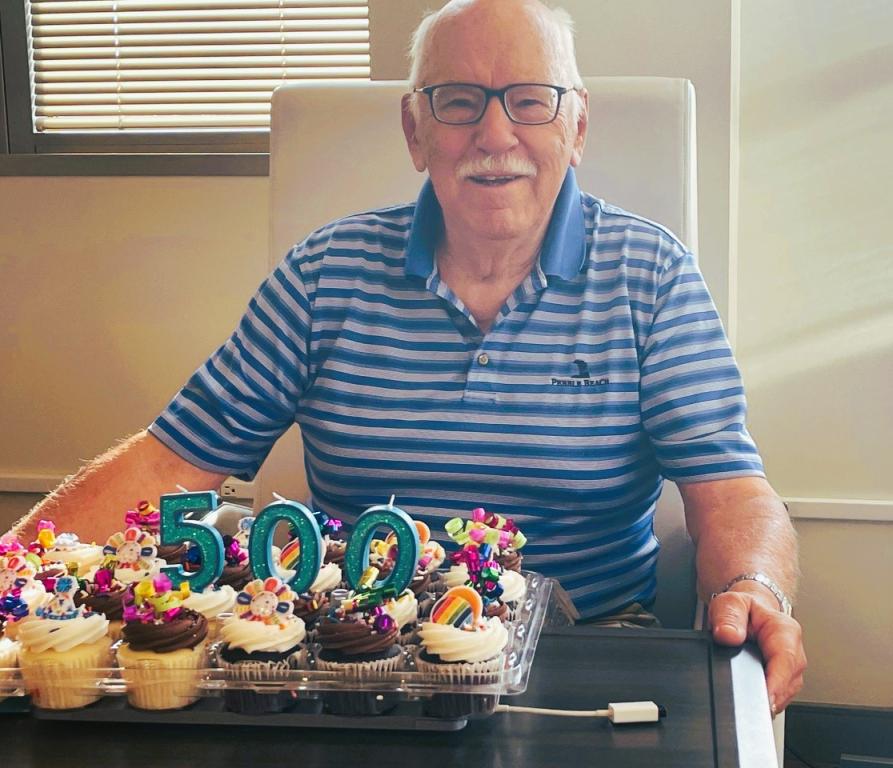
Frank Meuers holds up a pile of tattered spiral notebooks. The pages contain logs of every doctor’s visit, the outcomes, and the treatments—including the 500th dose of intravenous immunoglobulin (IVIG) replacement therapy he received in July 2024. The meticulous account spans over 60 years since Meuers’ primary immunodeficiency (PI) diagnosis.
“It’s an invaluable tool. I recommended it a lot of times when I was a peer counselor for IDF,” said Meuers. “I’d ask, ‘Do you write your stuff down? You’re going to find out when you walk into the room that you’ll need it when they ask, “What did we say last time? Did we give you that? What happened?”’ Take notes. That’s the best thing you can do. Come equipped.”
Meuers, 85, began his journey to diagnosis in his 20s. While he served four years in the U.S. Navy and then earned a degree in education, he lived with skin conditions and recurrent respiratory infections. Finally, he saw a doctor to determine the reason for his health issues.
“He said, ‘Boy, you’ve got some stuff wrong with you, but I don’t know. I’m not sure what it is,’” said Meuers. “This was 1962. It makes me sound like a pioneer but honestly, they didn’t know anything about immune deficiency in 1962.”
After he developed gastrointestinal (GI) problems and continued having respiratory infections in the first few years of his teaching career, a GI doctor discovered he had very low immunoglobulin G (IgG) and an absence of IgA and IgM.
Additional testing showed nodules in his intestines, a liver condition called Gilbert’s syndrome, and inflammation of the blood vessels that affects the organs especially the upper respiratory tract, lungs, and kidneys. Other diagnoses included jaundice, colitis, psoriasis, and rhinitis. Doctors didn’t know how to treat Meuers except with aggressive antibiotics.
“The doctor said, ‘I believe you’re going to have problems with infections, and you should mention that to your doctors from now on,’” said Meuers. “He said, ‘There is something wrong with your blood and we should monitor it, but I don’t know that we can do anything for you.’ So, I stumbled along with a lot of sicknesses.”
To make matters worse, his health insurance company canceled his policy because he had “a fatal blood disease,” said Meuers.
By 1990, antibiotics could no longer hold infection in check. Meuers, by then 50 years old, didn’t think the pneumococcal pneumonia and 104°F fever that landed him in the hospital was a big deal. But the doctors thought otherwise.
“You better be taking this seriously,” a doctor told Meuers.
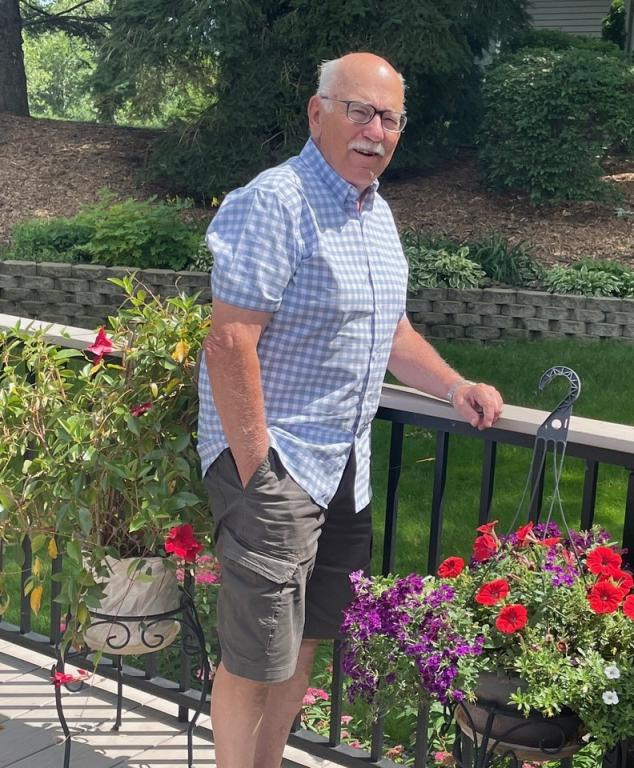
That provider knew of PI research being performed at Washington University in St. Louis, so Meuers traveled from his home state of Minnesota to the university medical center. Blood tests showed he had extremely low IgG and no IgA or IgM. They started him on IVIG and told him that it could be a month or two before he “got over it.”
“And of course, they didn’t know that you do not get over it. You simply go on forever,” said Meuers.
His diagnosis changed to common immune deficiency, which eventually became common variable immunodeficiency (CVID). The doctors told him his case was a one-in-a-million diagnosis.
“Now we know that’s not true anymore,” said Meuers.
Meuers spent the next 20 years continuing to struggle with infections. The problem was he received his IVIG through providers in an oncology department, not immunology. Unaware of the needs of someone with PI, the oncology doctors gave Meuers as low a dose as possible for intervals as long as two months. Sometimes they told him not to bother coming at all because they were out of Ig.
“I told them, ‘I’m sick all the time.’ And it was almost funny because they’d come in the room and say, ‘How are you feeling?’ and I would say, ‘Crappy, terrible’ and they would say, ‘Well, just keep it up and we’ll see you next time,’” said Meuers.
Meuers pleaded with doctors for antibiotic prescriptions longer than 10 days as the cases of pneumonia and sinus infections mounted. He had so many sinus surgeries that there was nothing in his nose left to remove, and he lost his sense of smell and taste. Once, during a post-op visit, he went into shock in the doctor's office.
“I looked back and thought holy cow I could have died 100 times,” said Meuers. “Those early years were tough. I almost think I survived by luck.”
Life changed for Meuers when he met an immunologist at an Immune Deficiency Foundation (IDF) conference in Baltimore who recommended he stop seeing the oncologist and see an immunologist near his home. His new immunologist changed the interval, amount, and brand of IVIG.
After a few years of adjustments, Meuers settled on 60 milligrams of IVIG every three weeks, a significant change from the 30 milligrams of IVIG every two months provided by the oncologist.
“I have to say the minute he changed those things I started feeling better. I said, ‘Holy cow! This is amazing.’ I do want to make it clear, that I’ve never been well, but I am better, and I am functional, and it allowed me to continue my teaching career,” said Meuers, who taught middle school math for 41 years.
Meuers attended IDF conferences regularly and said connecting with the organization allowed him to meet others with PI for the first time. “Those first few meetings were, of course, a revelation—‘Oh my God, this is what’s going on,’” said Meuers.
He became an IDF peer counselor, encouraging younger men newly diagnosed with PI to remain positive and telling them that with treatment, their lives would improve. He used his older age to prove that living a robust life with PI was possible.
“These guys would say, ‘My life is over,’ and I would say, ‘Is it? There is a tomorrow. You don’t have to quit. You don’t have to give up. You can live with this,’” said Meuers.
Meuers also served IDF and the PI community by advocating for greater access to Ig replacement therapy and visiting with lawmakers on Capitol Hill in Washington, D.C.
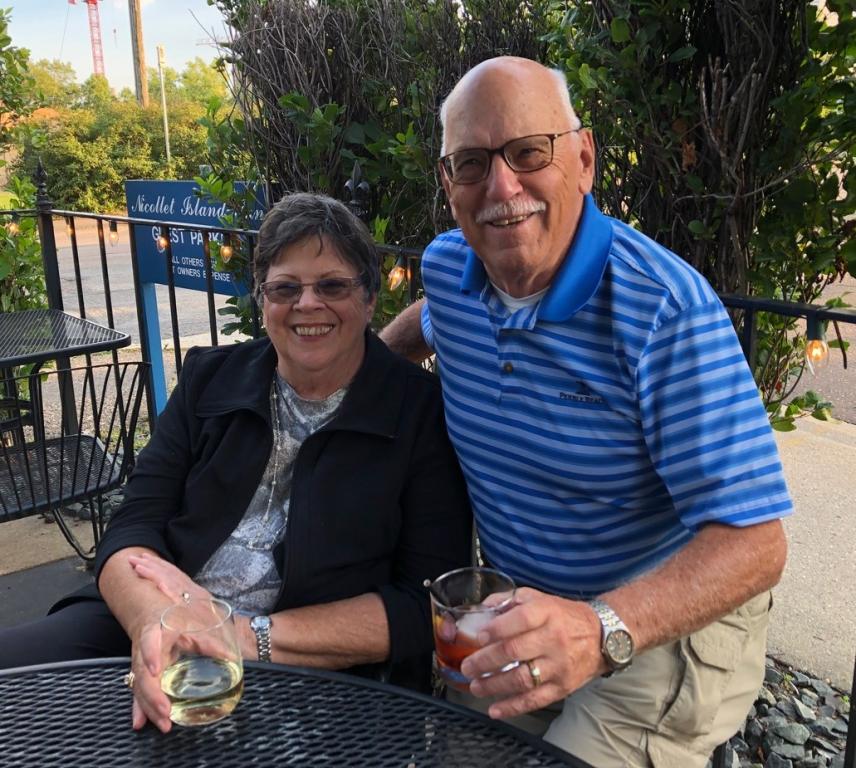
“I talked to my local senators and they tended to poo-poo it because they hear this stuff all day long. So, I told them I don’t think you understand how critical this could be. This is not, ‘I want to feel better.’ This is life or death. This is absolutely the difference between life and death,” said Meuers.
Though Meuers struggles with health issues, he and his wife of 61 years, Ginny, remain active and enjoy traveling. They’ve been to Europe 14 times and visited both Russia and China.
Meuers also continues to volunteer as a plasma ambassador, visiting his local plasma centers to express appreciation to the employees and the donors for their important contribution to his health, and so many others who use plasma products.
“It’s interesting to go on the floor and thank people and tell them, ‘I stand here because of people like you. You make a difference. You are lifesaving for us. Maybe you’ve never seen anybody that’s taking what you’re giving today, but here I am,’” said Meuers.
Watch 2024 PI Conference sessions
Missed a session or want a refresher? 2024 PI Conference session recordings are now available!
Browse sessionsRelated resources

Thirty-year-old with APS type 1 advocates for her community
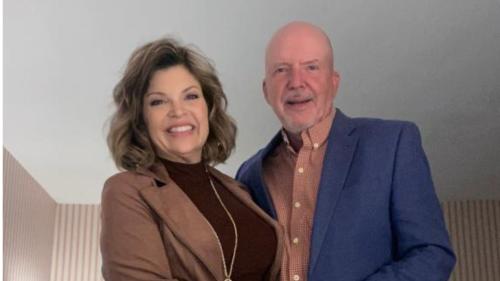
Susan finds "priceless" support system in the Immune Deficiency Foundation
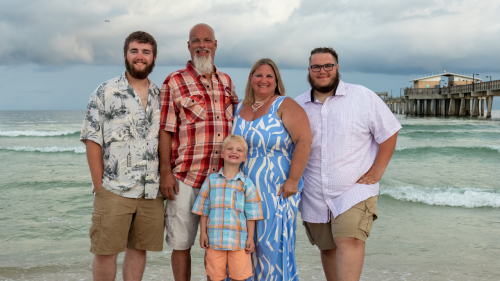
Mother details harrowing journey to son's diagnosis and relief of finding the PI community
Sign up for updates from IDF
Receive news and helpful resources to your cell phone or inbox. You can change or cancel your subscription at any time.





The Immune Deficiency Foundation improves the diagnosis, treatment, and quality of life for every person affected by primary immunodeficiency.
We foster a community that is connected, engaged, and empowered through advocacy, education, and research.
Combined Charity Campaign | CFC# 66309

